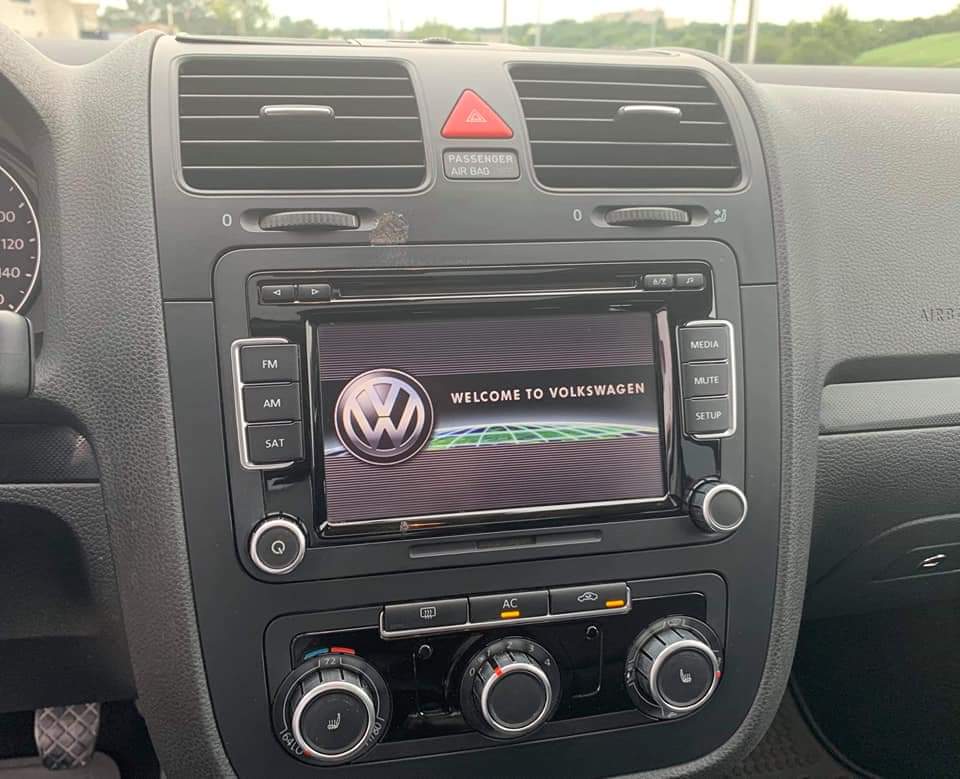

So unprofitable, in fact, that despite its new winning product feature, Fair was basically forced to sell its most prized asset after burning through so much of its vast sums of cash: The company had raised a total of $2.1 billion in over 13 rounds, the latest of which was in 2019. Even though those options provide a lot of perks in terms of service, maintenance and trade-ins, in today’s economy, customers are less likely to increase spending even marginally.Īt the same time, that extra $25 per month wasn’t enough to cover the cost of operations on Fair’s end, which meant the company scaled in a very inefficient, unprofitable way.

On the one hand, leases or subscriptions could incur an additional $25 per month, for example, when compared to financing a vehicle. Stewart said he could imagine a world where eventually all pricing options were included, such as subscriptions and leasing, two ventures that ultimately led to Fair’s demise as the startup realized not was scalable and did not have product-market fit. “Ultimately, self-service today has to continue to be refined and improved in a way that allows you or me to get on the site and transact versus picking up the phone to ask for support, which we still see quite a bit.” “This arc of self service, of being able to shop from your couch, of getting it in two minutes, of integrated transaction capabilities that come with a brand promise - does Shift have it all figured out? I think strategically they do,” Stewart told TechCrunch.
#Shift car sales drivers#
SoftBank-backed Fair puts the brakes on weekly car rentals for Uber drivers That’s what makes Shift’s purchase of Fair’s tech so powerful.įair, which has had a tumultuous past marked by unsuccessful attempts to commercialize auto leasing and subscriptions, spent the last 18 months building what amounts to a fintech platform, one that allows customers to shop for cars from a variety of sources from the comfort of their home schedule test drives, fulfillment and delivery handle trade-ins buy insurance purchase or finance a car and buy “anything that you could possibly want to attach to a car transaction,” said Brad Stewart, CEO of Fair. The average expected revenue lost from poor digital experiences in the automotive industry is as high as 18%, according to new research from Qualtrics, which also found that reducing the effort required to a complete a task online can lead to a 23% increase in spend. Companies that don’t get the UX down won’t survive as the industry consolidates and responds to such consumer demands. The result is that the average consumer is shrewder than ever and eager for a site that can help them find the best deal for the best price and with plenty of flexibility.

On top of that, you have a higher interest rate because interest rates are going up.” “Which is really tough because people who thought they could afford a $450 per month car are now told to buy that same car for $600 per month. “In Q1, we’re starting to see retail inventory prices start to depreciate like they normally would, so our assumption is that 2022 will be more like 2019 in terms of normal patterns of depreciation, but we don’t expect prices to go back to where they were in 2019,” Arison told TechCrunch, noting the average car sales price increase from 2021 to 2022 is so far only 17.5%, but that those vehicles are on average a year or two older than the previous years. More generally, year-over-year, used car prices have gone up nearly 33%, according to data from Car Gurus.

From 2020 to 2021, prices on Shift’s platform went up nearly 40%, from around $16,400 to a nearly $23,000 average sale price, according to George Arison, Shift’s co-founder and CEO. Rising inflation and a supply chain that was already constrained by the pandemic and will now suffer further due to Russia’s war in Ukraine has led to a decrease in new car purchases, which means fewer used cars are hitting the market.ĭemand for vehicles, however, has not dropped, leading to skyrocketing prices for used cars. The deal is a nod toward the direction the online auto market is moving, where even the sale of used cars will require a first-class, seamless user experience. Used car e-commerce platform Shift has acquired some of competitor Fair Technologies’ technology, allowing Shift to become the Amazon of the used car marketplace, a platform that displays third-party listings from dealers alongside the company’s own inventory.


 0 kommentar(er)
0 kommentar(er)
